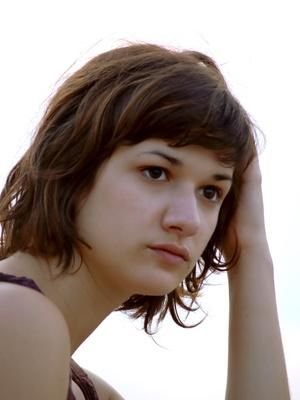Despite the fact that millions of women worldwide experience menopause each year, this topic remains clouded by misinformation. Questions abound regarding the symptoms, duration, and age range of this life phase. Given the multitude of factors involved, it’s no wonder that many women find themselves perplexed. With the information provided here, women can gain a clearer understanding of when menopause typically begins, which can assist them in preparing for what is often referred to as the “change of life.”
Getting Ready
Once a woman enters menopause, her childbearing years come to a close. During this period, the production of two hormones, progesterone and estrogen, declines. This hormonal shift can trigger not only physical symptoms but also emotional and mental ones, as it impacts the brain’s chemical balance. While some women navigate this phase with relatively few issues, others may experience debilitating symptoms.
Though the precise effects of menopause remain unknown until a woman enters this phase, having a general idea of when it might start allows for some degree of preparation. For instance, certain vitamins and supplements can help alleviate symptoms, and adopting healthier lifestyle choices can also be beneficial. In essence, having an estimated age for the onset of menopause and understanding what to expect can make the symptoms more manageable.
The Onset
It’s important to note that there’s no fixed age at which menopause begins and ends. On average, the initial symptoms typically appear anywhere between the ages of 45 and 52. This refers to “natural menopause,” which signifies the standard progression of life. However, certain factors can push a woman into menopause earlier than expected, such as undergoing chemotherapy or having a hysterectomy.
For instance, if a woman undergoes a complete hysterectomy at age 30 due to health-related issues, she will immediately enter menopause. Since the ovaries, responsible for producing progesterone and estrogen, are removed, she will no longer have these female hormones. In such cases, it is crucial to initiate Hormone Replacement Therapy (HRT) promptly, as the abrupt hormonal shift can have severe effects.
Stages of Menopause
Women should also be aware that menopause can be categorized into three distinct stages: perimenopause, menopause, and post-menopause. While there are commonalities among these phases, including symptoms, each stage also possesses unique characteristics, as outlined below:
- Perimenopause: This phase occurs between the primary childbearing years and full-blown menopause. On average, perimenopause begins between the ages of 35 and 45, during which hormonal levels gradually decrease. While it is still possible to conceive during this phase, it becomes increasingly challenging with each passing year.
- Menopause: Actual menopause typically occurs between the ages of 45 and 52, as previously mentioned. This phase is the most challenging, as symptoms tend to be the most severe. In addition to physical symptoms like hot flashes, night sweats, weight gain, sleep disturbances, headaches, and bloating, women often experience mood swings, agitation, irritability, and even depression.
- Post-Menopause: Many of the symptoms experienced during menopause persist in the post-menopause phase but to a lesser degree. To be considered in this phase, a woman must have gone a full 12 months without a monthly menstrual cycle. This phase begins at the age when menopause ends.
Early Menopause: While not one of the three primary phases, some women may undergo “early menopause.” This term describes women who enter menopause at an age younger than the norm. While early menopause can occur naturally, it is often associated with factors like hysterectomy, chemotherapy, or other injuries or traumas. The key distinction is that instead of transitioning from perimenopause to menopause, these individuals proceed directly into menopause.
Regardless of the phase or age at which a woman enters menopause, this life transition can be challenging. While many women may dread this stage, we cannot overemphasize the value of education and preparedness. Having an understanding of when menopause typically begins and ends can undoubtedly make the journey more manageable.
